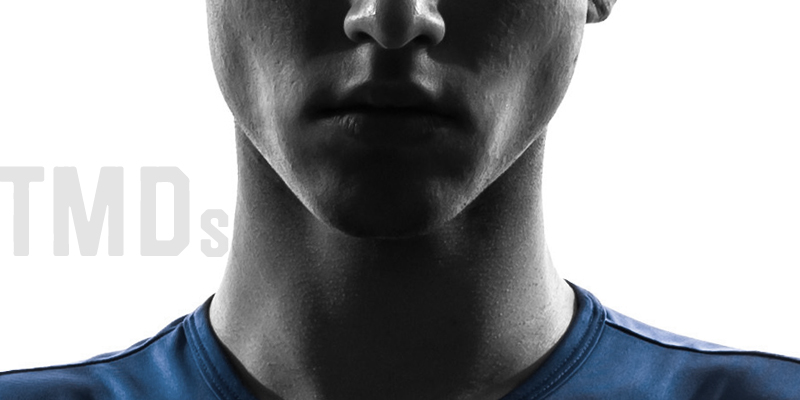What are TMDs?
By Reza Ghannadan – Qubecore Physiotherapist
–
TMDs are a musculoskeletal disorder affecting the jaw joint (TMJ), the masticatory muscles and associated structures (eg. neck and dentition).
Signs and symptoms include:
•Local TMJ pain
•Pain around the jaw and muscles of mastication
•Limited mouth movements
•TMJ sounds (eg., clicking, grinding, clunking)
•Headaches
Common causes of TMDs:
There are many potential causes of TMDs. In many causes, the actual cause of the disorder may not be clear. Examples of common causes of TMDs include the following:
•Overuse of the jaw muscles and joints such as bruxism (involuntary clenching), one sided chewing and nail biting. This may be exacerbated by stress or other conditions.
•Trauma to the jaw, head or neck.
•Various types of arthritis, such as osteoarthritis and rheumatoid arthritis
•Excessive movement of the jaw joint, also known as TMJ hypermobility
•Displacement of the jaw disc
QubeCore Sports & Rehab offers physiotherapy in North Vancouver for a wide range of injuries and conditions. To book your appointment with our experienced physiotherapists, call 604.210.2274 or simply BOOK ONLINE.

